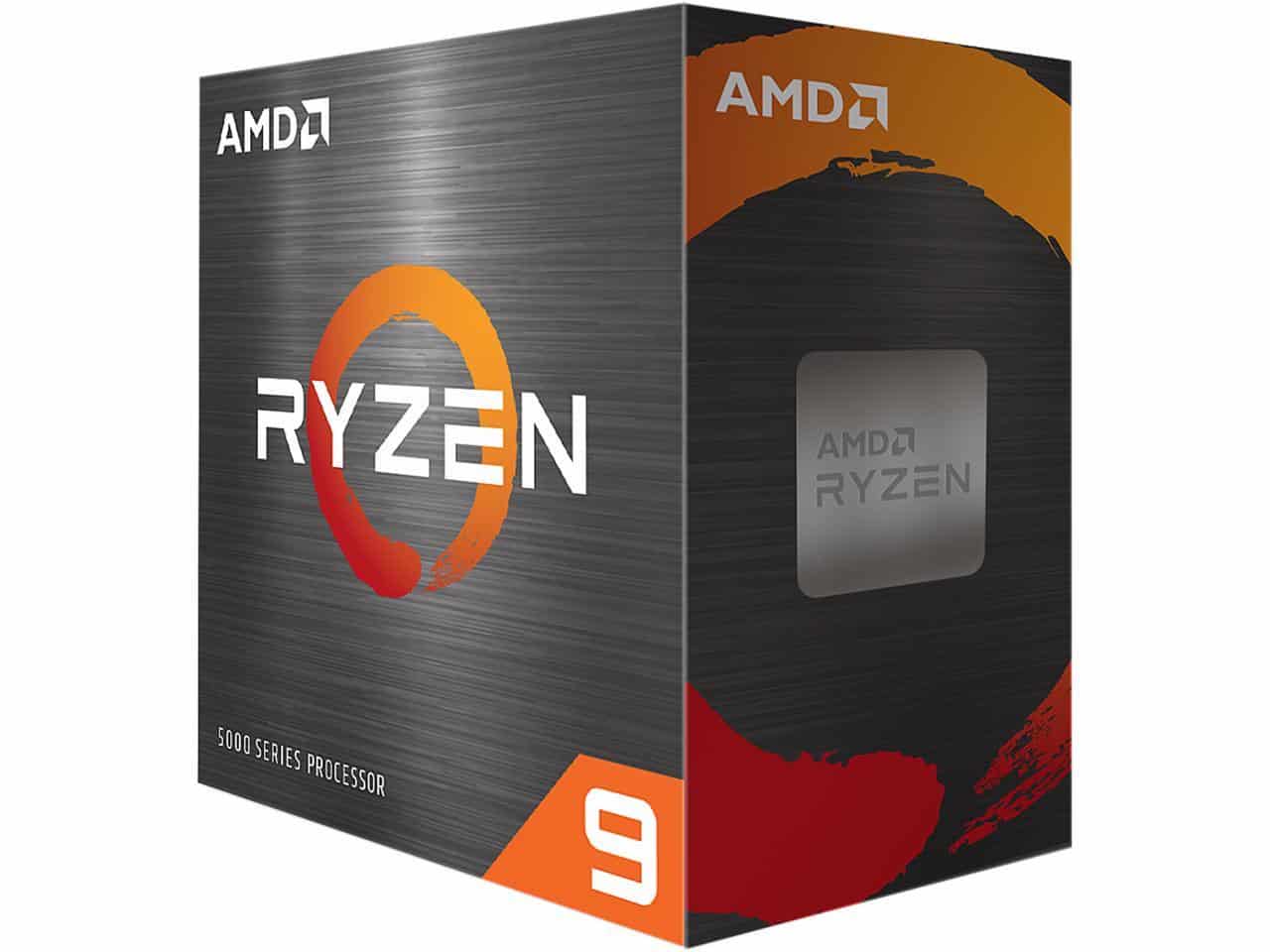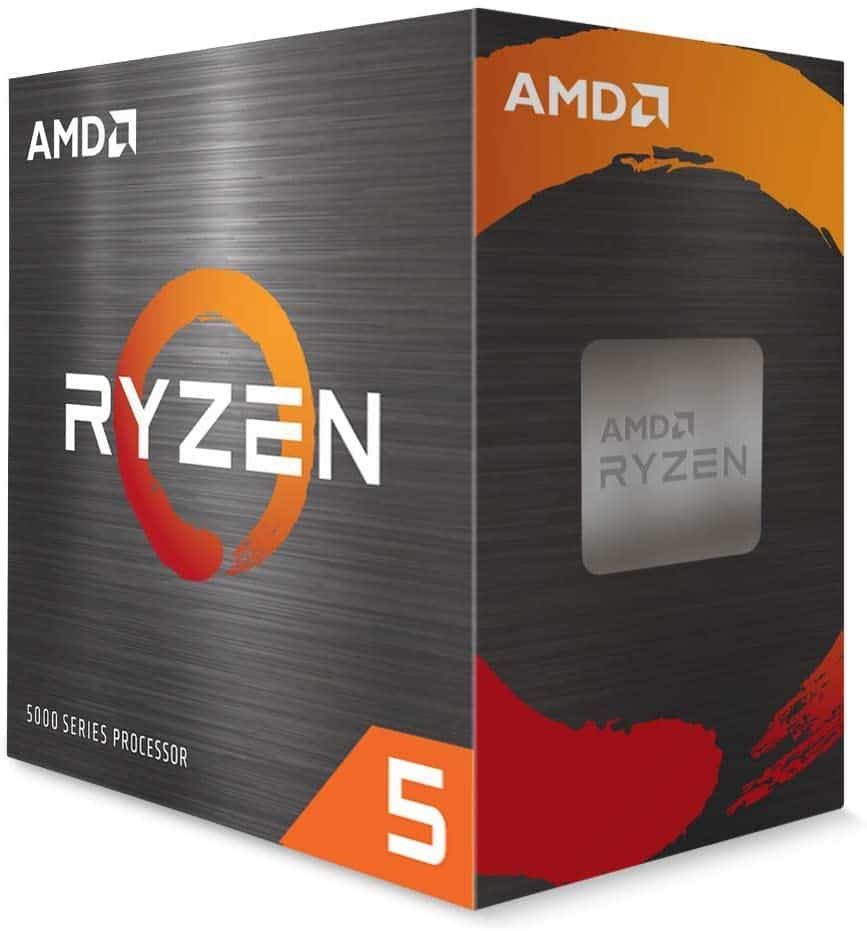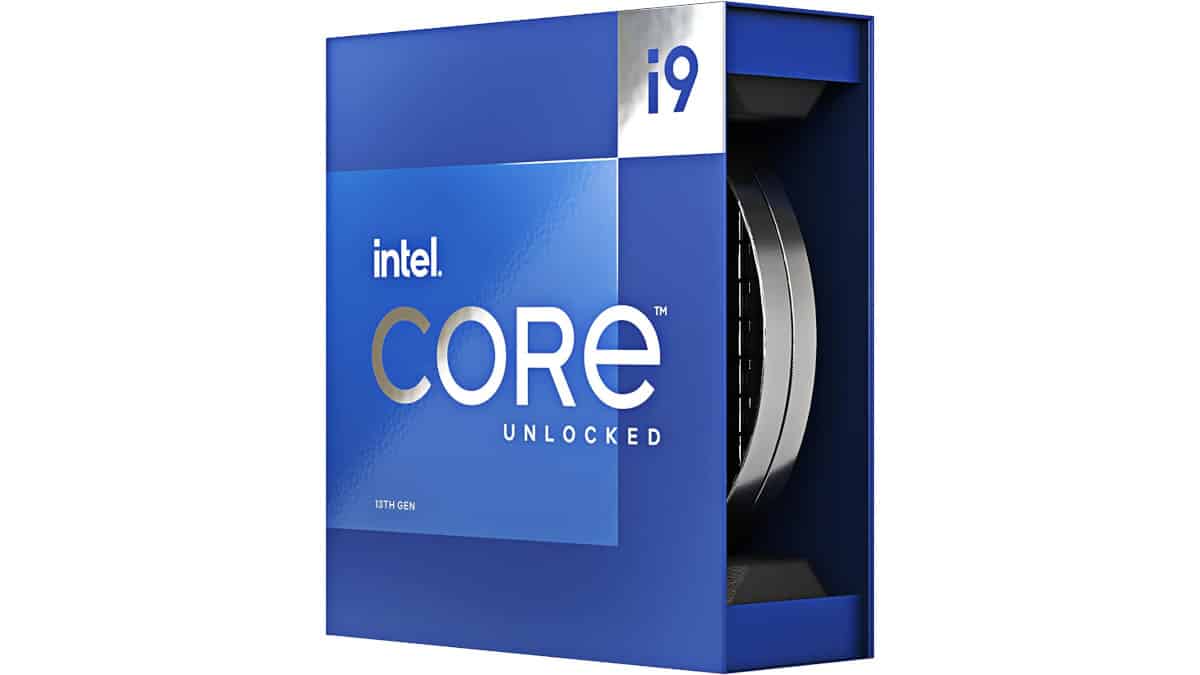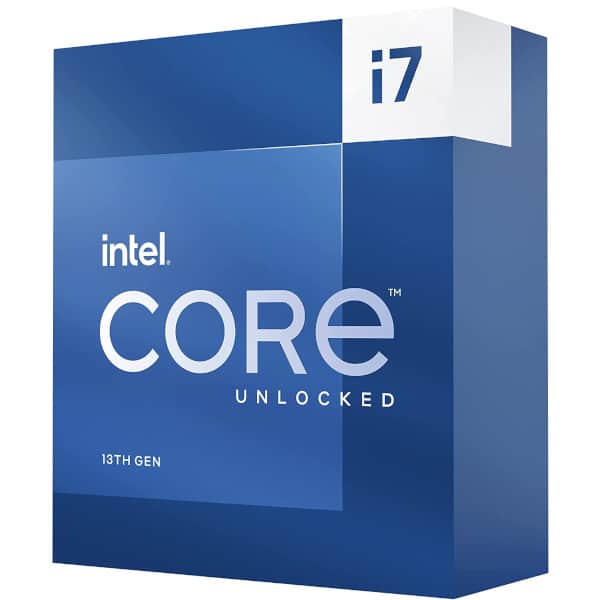Ryzen 7 5800XT Vs Ryzen 9 5900X – Does the latest XT variant stand a chance against the old Zen 3 CPU?
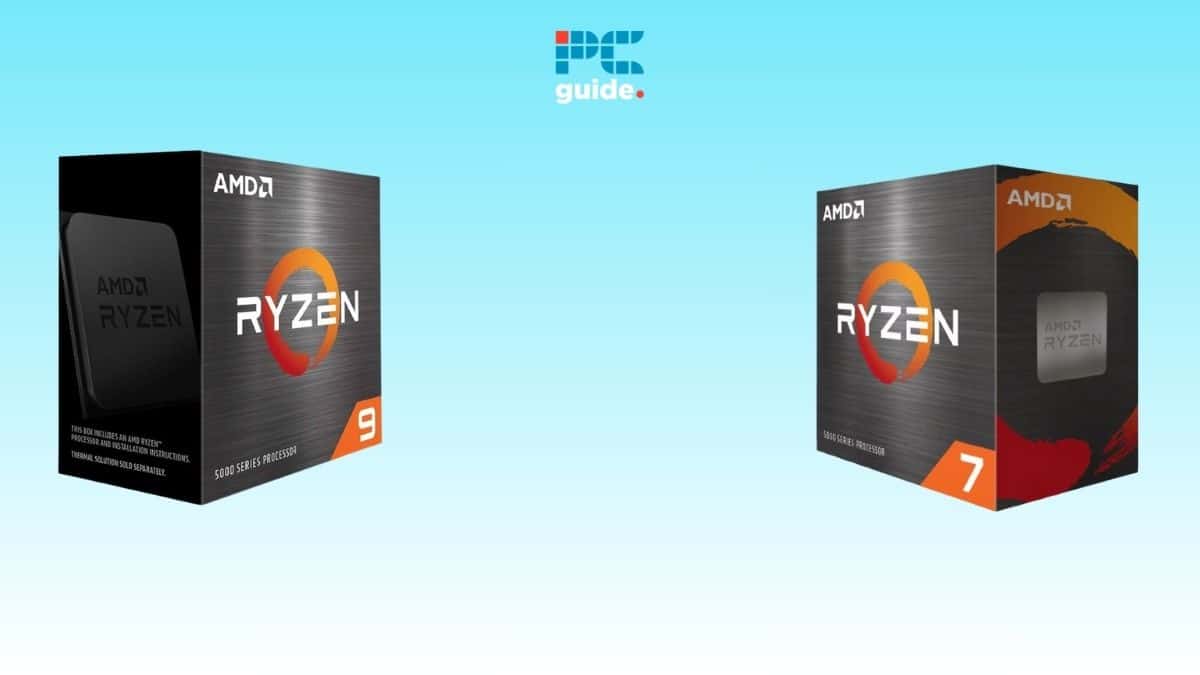
Table of Contents
AMD recently launched the latest XT processors, though this came as a surprise to many as everyone thought they had been delayed alongside the Ryzen 9000 series processors.
The Ryzen 7 5800XT, one of the two new XT processors, is a refreshed version of the original 5800X, offering some minor improvements and changes. But how does it perform compared to some other Zen 3 AMD CPUs? Well, to find out, we’ve decided to pin it against the Ryzen 9 5900X, which is a high-end processor.
Prime Day may have closed its doors, but that hasn't stopped great deals from landing on the web's biggest online retailer. Here are all the best last chance savings from this year's Prime event.
- Sapphire 11348-03-20G Pulse AMD Radeon™ RX 9070 XT Was $779 Now $719
- AMD Ryzen 7 7800X3D 8-Core, 16-Thread Desktop Processor Was $449 Now $341
- Skytech King 95 Gaming PC Desktop, Ryzen 7 9800X3D 4.7 GHz Was $2,899 Now $2,599
- LG 77-Inch Class OLED evo AI 4K C5 Series Smart TV Was $3,696 Now $2,996
- AOC Laptop Computer 16GB RAM 512GB SSD Was $360.99 Now $306.84
- Lexar 2TB NM1090 w/HeatSink SSD PCIe Gen5x4 NVMe M.2 Was $281.97 Now $214.98
- Apple Watch Series 10 GPS + Cellular 42mm case Smartwatch Was $499.99 Now $379.99
- AMD Ryzen 9 5950X 16-core, 32-thread unlocked desktop processor Was $3199.99 Now $279.99
- Garmin vívoactive 5, Health and Fitness GPS Smartwatch Was $299.99 Now $190
*Prices and savings subject to change. Click through to get the current prices.
When we reviewed the 5900X, we found it to be an excellent choice for modern gaming. However, now that the refreshed XT version of the 5800X has been released, it’s time to find out if it’s worth switching to it.
Also, if you want to get your hands on the Ryzen 7 5800XT as quickly as possible, check out our Where to Buy 5800XT page, where we’ve listed all major retailers from where you can buy it.
AMD Ryzen 7 5800XT
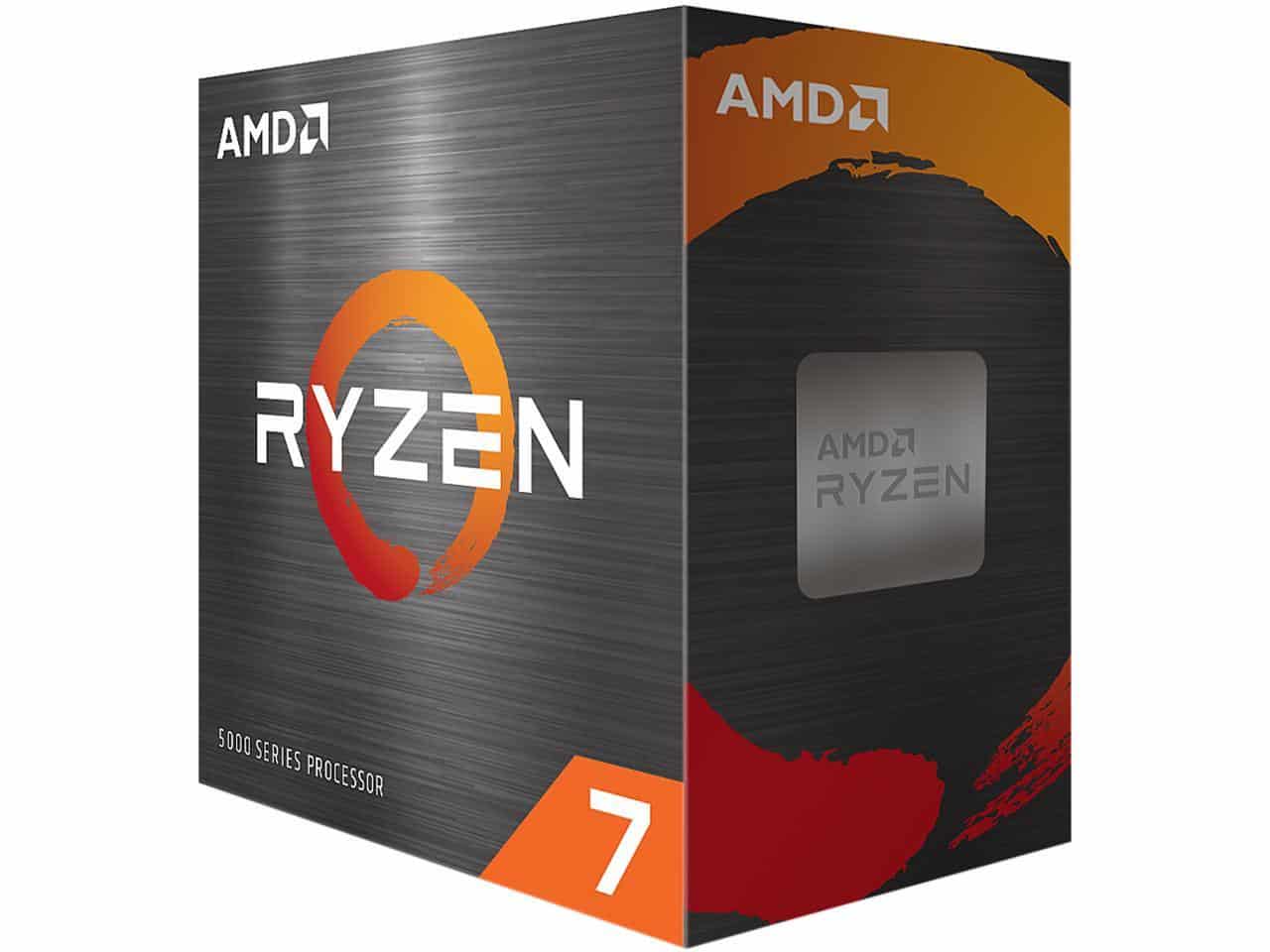
Cores
8
Threads
16
Boost clock speed
4.8 GHz
Base clock speed
3.8 GHz
L3 Cache
32 MB
TDP
105W
Platform
AMD Socket AM4
Shop on Amazon
CHECK PRICEAMD Ryzen 9 5900X
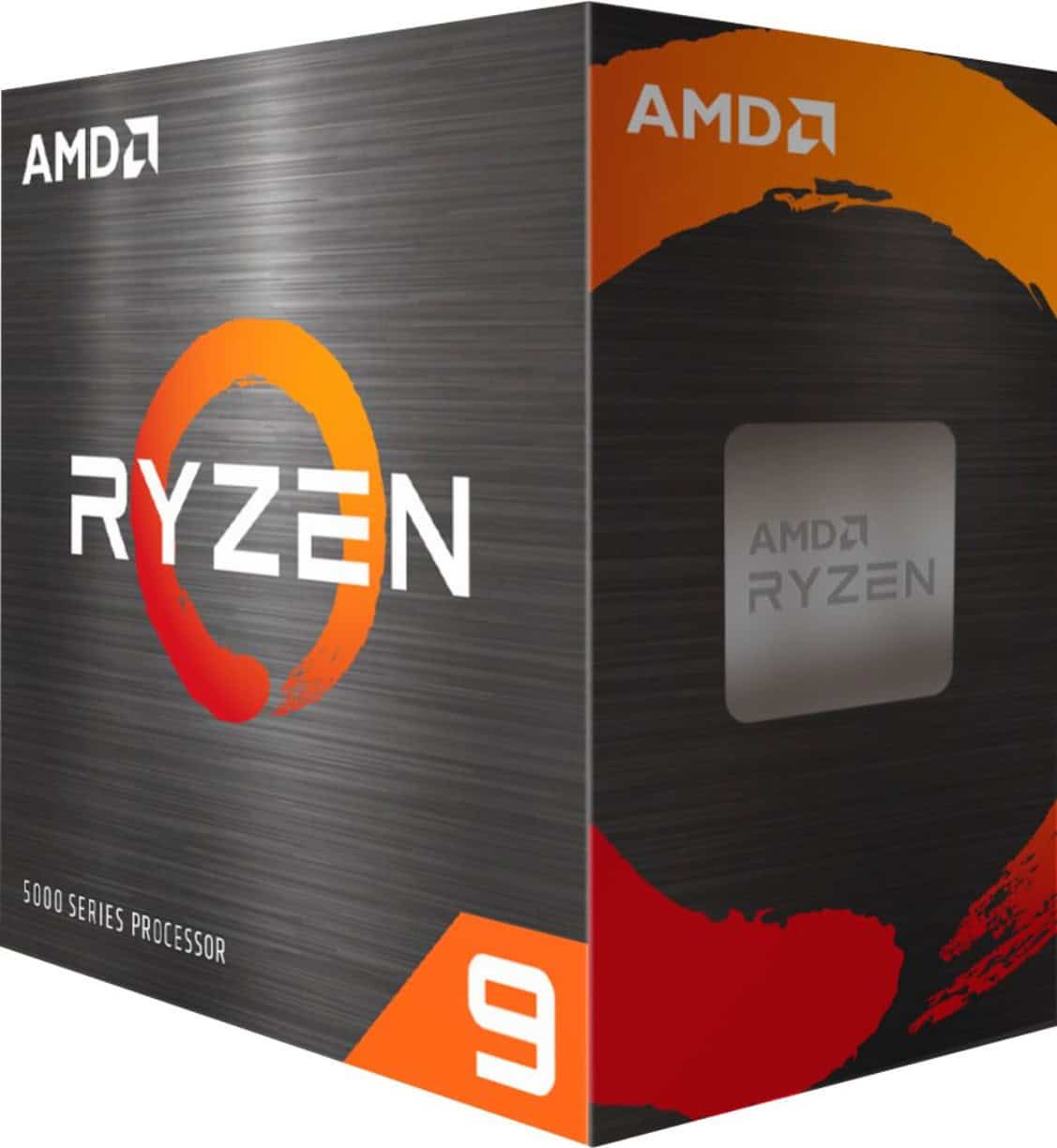
Cores
12
Threads
24
Boost clock speed
4.8 GHz
Base clock speed
3.7 GHz
L3 Cache
63 MB
TDP
105 W
Platform
AMD Socket AM4
Shop on Amazon
CHECK PRICESpecifications
| Specifications | Ryzen 7 5800XT | Ryzen 9 5900X |
| Architecture | Zen 3 | Zen 3 |
| Socket | AM4 | AM4 |
| Process | TSMC 7nm FinFET | TSMC 7nm FinFET |
| Cores | 8 | 12 |
| Threads | 16 | 24 |
| Base clock speed | 3.8 GHz | 3.7 GHz |
| Boost clock speed | 4.8 GHz | 4.8 GHz |
| L3 Cache | 32 MB | 64 MB |
| TDP | 105W | 105W |
As you can tell from the table above, both CPUs share the same architecture, socket type, process technology, boost clock speed, and even the TDP. Where they differ is the core/thread count and cache size.

Foundation and core count
Both processors are built on the same architecture, Zen 3. This was first used in November 2020 and is still going strong. The processors that are based on this architecture don't cost that much compared to the latest high-end options, so they're perfect for those who are looking for a blend of affordability and performance.
Coming down to the cores and threads, the Ryzen 7 5800XT has 8 cores and 16 threads, and it uses hyperthreading to make sure that each core is utilizing two threads at the same time. This allows the processor to handle demanding tasks with ease.

On the other hand, the Ryzen 9 5900X has 12 cores and 24 threads, so it should offer better performance than the 5800XT in multiple tasks. Pair that with hyperthreading, and you will have a CPU that won't let you down when it comes to performance.
For our 5900X review, we tested the processor in Geekbench single-core and Geekbench multi-core tests, where it scored 2,163 and 11,803 points, respectively. Even in Cinebench tests, it scored 1,523 and 20,479 points in single and multi-core tests, respectively. As the 5800XT has fewer cores and threads, we can expect its performance to be somewhat lower than this. It would have been different if it had been built on a new architecture, but since it’s the same as the 5900X, it might not be able to beat it.
Clock speeds
There isn't a massive difference between the two processors when it comes to clock speeds. The Ryzen 7 5800XT operates at a base speed of 3.8 GHz, while the 5900X has a base clock speed of 3.7 GHz, which is only 0.1 GHz less. So, the performance difference won't be major.
On top of that, both processors can also be boosted up to 4.8 GHz, so there isn't any difference here too. However, keep in mind that the clock speed isn't the only factor that determines the processor's performance. Core count, threads, TDP, technology, and everything else contribute to it.
Cache and TDP
Cache refers to the storage where the system stores data that the CPU needs to access frequently. The bigger the cache size, the easier it will be for the CPU. In this, the 5900X takes the lead with a 64 MB L3 Cache. On the other hand, the 5800XT has a 32 MB cache, which might not be as big as the 5900X, but it's still decent.
As far as the TDP is concerned, both share the same 105W power draw. What this means is that while they won't require as much power as high-end processors, you'll still need a decent power supply in your rig and the right cooler for times when they start generating too much heat, which can quickly happen under load. You may want to check out our top picks for the best PSUs for gaming and the best AIO coolers in case you're interested in getting something new.
Pricing
Now, let's get down to the most important part: the price. At the moment, the newly released Ryzen 7 5800XT is available for $249. On the other hand, the Ryzen 5900X was launched with an MSRP of $549, but you can grab it right now for only $262.55 on Amazon, thanks to a 54% discount. So, you may want to consider that you can grab a processor with a higher core count and better cache size for only $13 extra right now.
Alternate options
If the Ryzen 7 5800XT and the Ryzen 9 5900X don't seem like the right CPUs for your rig, don't worry; there are plenty of other options in the market, and you can check out some of them below. We've reviewed most of these processors and have found them to be an excellent choice for multiple uses.
-
AMD Ryzen 9 5950X
- Cores: 16
- Threads: 32
- Base clock speed: 3.4 GHz
- Boost clock speed: 4.9 GHz
- L3 Cache: 64 MB
- TDP: 105 W
-
AMD Ryzen 5 5600X
- Cores: 6
- Threads : 12
- Boost speed : up to 4.6 GHz
- Base speed: 3.7 GHz
- L3 Cache: 32 MB
- TDP: 65W
-
Intel Core i9-13900K
- Cores: 24 (8P-16E)
- Threads: 32
- Boost speed : P-Core 5.8GHz / E-Core 4.3GHz
- Base speed: P-Core 3.0GHz / E-Core 2.2GHz
- L3 Cache: 36 MB
- TDP: 253 W
-
Intel Core i7-13700K
- Cores: 16
- Threads: 24
- Platform: Raptor Lake-S
- Base Clock Speed: 100 MHz
- Boost Clock Speed: 5.4 GHz
- L3 Cache: 30 MB (shared)
Which one to go for?
Both processors that we're comparing are excellent options, but they cater to different user needs.
For instance, the Ryzen 7 5800XT is a solid choice for those who want something that can offer decent performance in both gaming and productivity tasks. It has 8 cores and 16 threads, which will be more than enough for most tasks.
On the other hand, if you're looking for something that won't let you down in demanding applications, then the Ryzen 9 5900X is the way to go. The best part is that it is currently available for only $13 more than the 5800XT, which makes it even more tempting to opt for it. On top of that, it offers 4 more cores and 8 more threads, so it’s a pretty solid deal.


